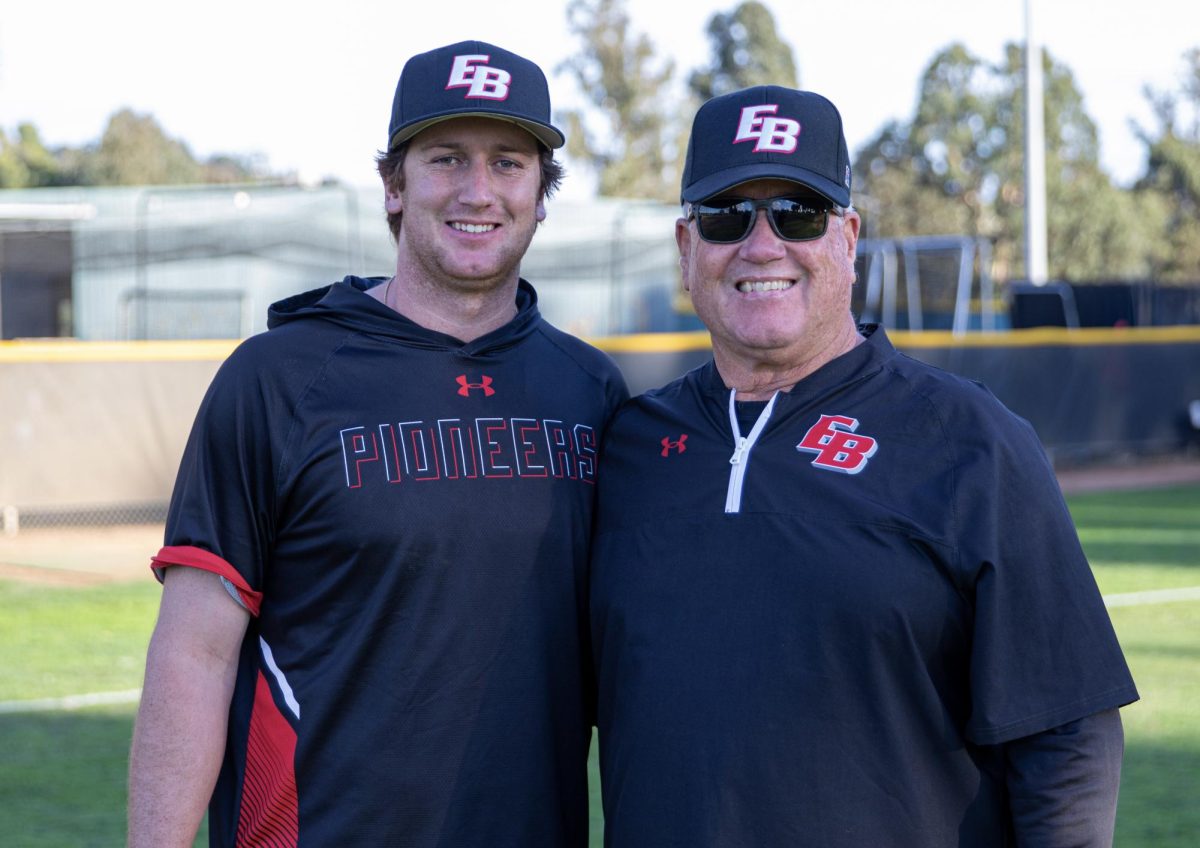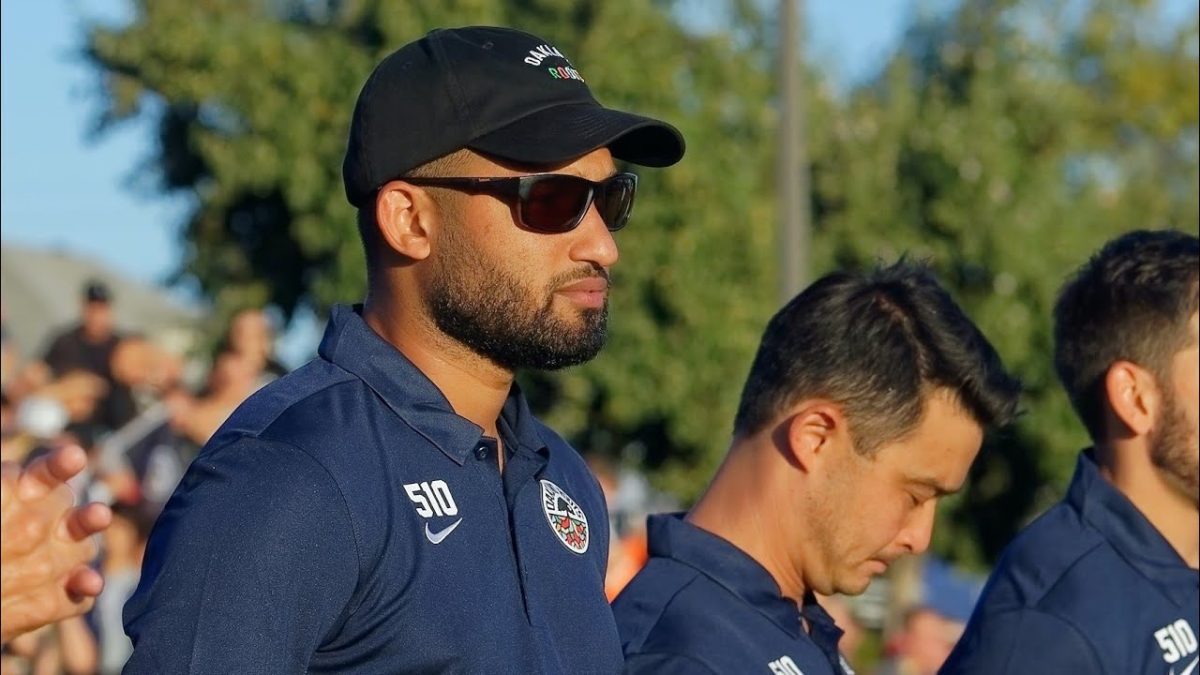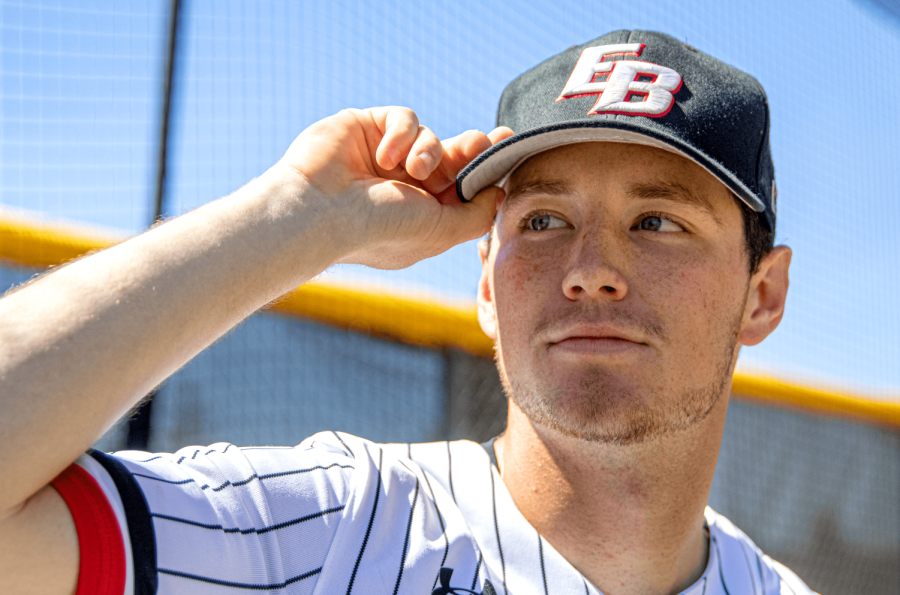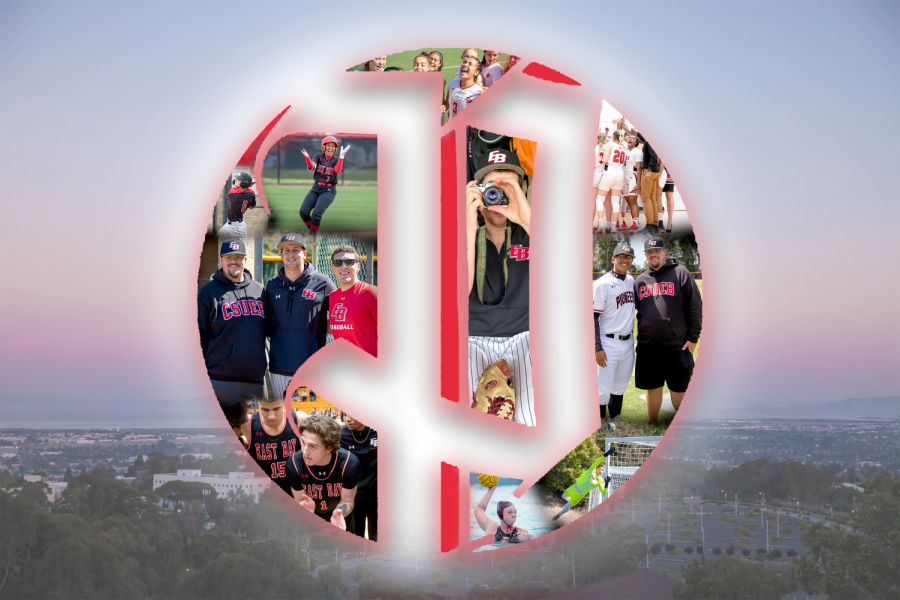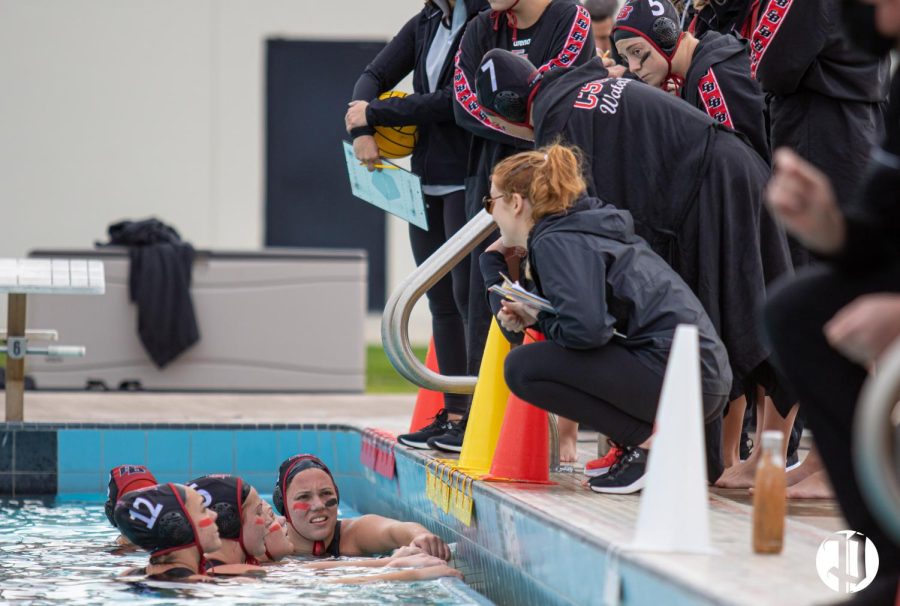Recently, Comcast Sports Network Bay Area premiered the documentary, “Out: The Glenn Burke Story” about former Major League Baseball player Glenn Burke, who was the first openly homosexual professional athlete.
Although Burke’s story is rife with struggle and unfolds more like a cautionary tale, it needs to be told. Thirty years after he left baseball, Burke remains one of only a handful of former players who have admitted to being gay, and there are currently no professional male athletes who do.
Unlike Jackie Robinson, who broke baseball’s “color barrier” in 1947 to be the first African-American to play in the traditionally all-white major league, filmmakers wonder whether the impacts of Burke crossing the “sexual barrier” have ever truly been felt.
Growing up in Berkeley in the 1960s, Burke proved himself to be an extremely gifted athlete in both baseball and basketball.
When he was drafted by the Los Angeles Dodgers upon graduating from Berkeley High School, Burke’s friends and family had originally thought he was going to be a professional basketball player.
However, baseball would provide the quickest route to superstardom.
Burke quickly gained notoriety, working his way up through the minor league system through his impressive skill and athletic talent.
Off the field, this larger-than-life persona endeared Burke to his teammates and raised eyebrows around Major League Baseball, but the young ballplayer also had a reclusive side.
Not coming to terms with his homosexuality until entering professional baseball, Burke distanced himself from the ballclub as he began to enter into relationships with other men.
In the documentary, former teammates and Dodger greats Dusty Baker and Reggie Smith recount the tense situation when Burke’s true identity became known around the team.
“At that time period, it was a kiss of death,” said Smith of Burke’s personal revelation.
Some of Burke’s teammates even called him derogatory terms when the Dodgers began spring training for the 1977 season. That year, the Dodgers would win the National League Pennant and Burke would prove to be one of the best rookies in the Major League.
As rumors of Burke’s homosexuality began to seep into the media, Dodgers owner Walter O’Malley offered him $75,000 to get married, to which Burke allegedly replied, “you mean to a woman?”
Remaining defiant, Burke entered into a relationship with Tommy (Sparky) Lasorda Jr., son of Dodgers manager Tommy Lasorda Sr.
An unexpected trade to the Oakland A’s caused many to question whether Burke was traded for his life off the baseball diamond.
When Burke arrived back home, the A’s had turned from perennial contenders to the basement dwellers of the American League. He began to spend more time in the nearby Castro District of San Francisco, where he felt more at home then at the clubhouse in Oakland.
After a rough season and a half with the A’s, in which manager Billy Martin refused to show him the due respect of a player, Burke left the game.
Living in the Castro District, Burke became a rock star of sorts and fell into the trappings of a sex, drugs and rock and roll lifestyle. Finding himself addicted to cocaine, Burke began living on the streets and contracted the AIDS virus.
Tragically, Glenn Burke died in 1995 at the age of 42, while living with a family member in San Leandro.
At a time when gay marriage and “Don’t Ask, Don’t Tell” garners so much attention, the documentary’s filmmakers are hoping to draw attention to the current lack of transparency when it comes to homosexuality in American sports.
Although progress has been made in lifting the taboos of homosexuality, locker-room homophobia is still common at every level of athletics.
“After all these years, why haven’t there been more openly gay athletes?” said Sean Maddison, one of the film’s producers, in a recent interview.
If gay males account for an estimated six percent of the population, it is not difficult to realize that a veil is still drawn over professional sports.





